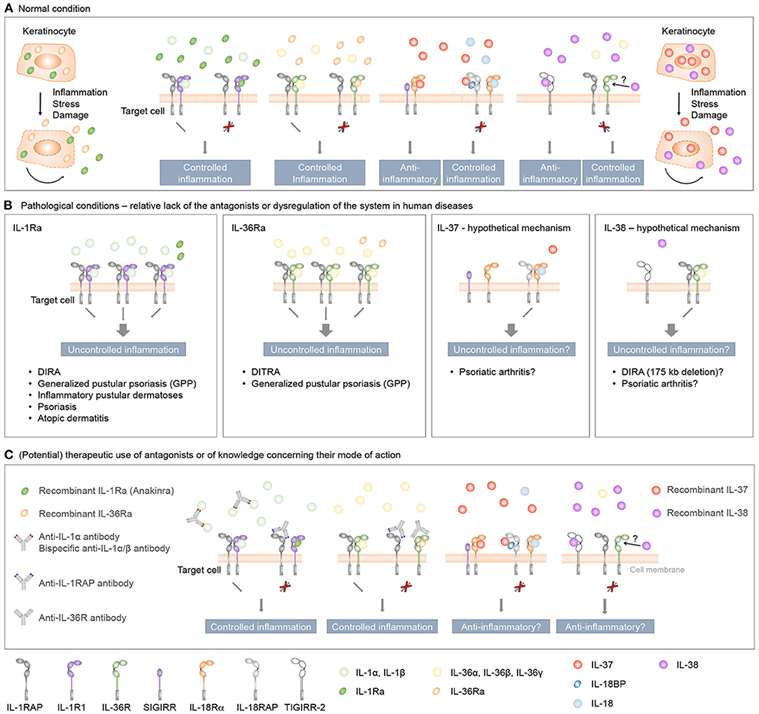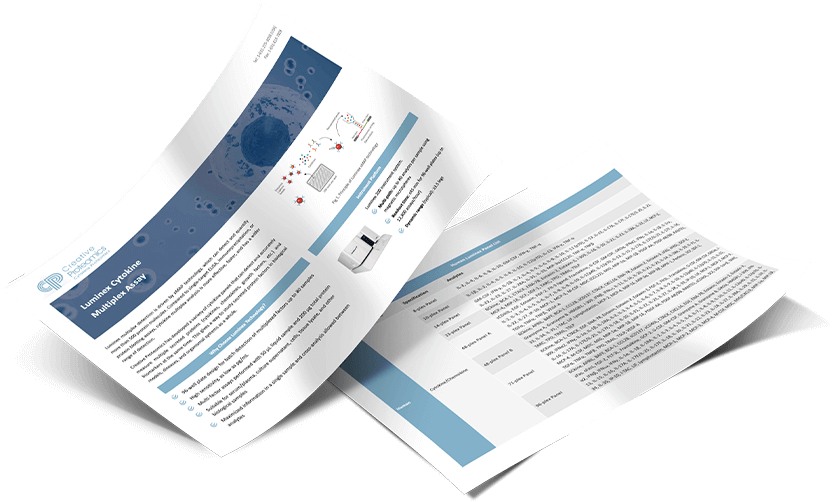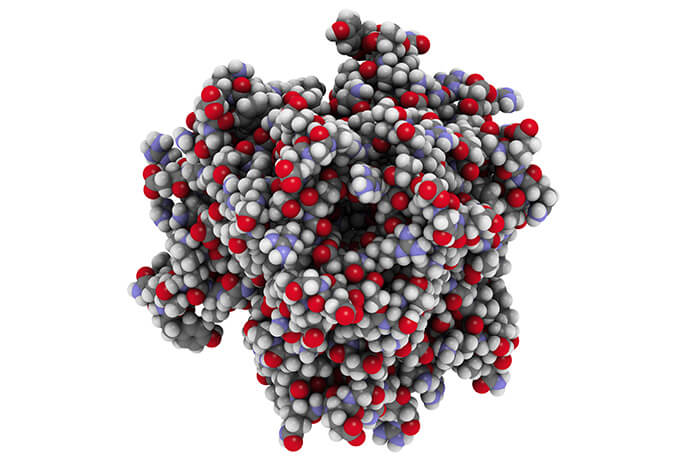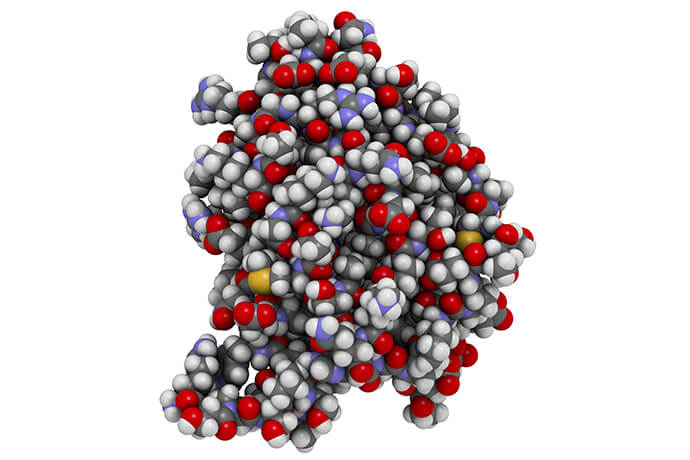Human cytokines stand as indispensable signaling molecules orchestrating a symphony of interactions within the intricate realm of immune responses and cellular communication. These diminutive proteins play a monumental role in modulating the behavior of cells, influencing their growth, differentiation, and responses to various stimuli. With the ability to trigger cascades of events at minuscule concentrations, human cytokines serve as critical messengers that regulate the delicate balance of the immune system and extend their influence far beyond immunological contexts.
At the heart of every immune reaction, human cytokines emerge as the conductors of an elaborate orchestra of cells, ensuring harmonious communication between diverse cell types. These molecules wield the power to stimulate immune cells into action, directing them to mount defenses against pathogens or initiate reparative processes upon encountering tissue damage. By transmitting signals across cellular landscapes, human cytokines act as pivotal coordinators in the complex dance of immune surveillance and response.
In the vast realm of cellular communication, human cytokines take on roles that extend beyond immediate immune reactions. Their influence ripples through developmental pathways, influencing the fate of cells as they navigate differentiation processes. These signaling molecules also wield the authority to influence inflammation, impacting both its onset and resolution. In essence, human cytokines are the messengers that deliver essential instructions, ensuring cells respond appropriately to their surroundings.
Key Human Cytokines of Research Interest
In the vast tapestry of human cytokines, certain pivotal players captivate the attention of researchers across diverse scientific domains. These select cytokines serve as linchpins in immune modulation, wielding influence over immune responses, inflammation, and cellular behavior.
Interleukin-6 (IL-6):
This multifaceted cytokine stands as a sentinel of inflammation, orchestrating responses to injury and infection. With a diverse portfolio, IL-6 influences immune cell differentiation, stimulates acute phase reactions, and plays a pivotal role in the transition from innate to adaptive immunity. Beyond its immune functions, IL-6 is a central player in tissue regeneration and maintenance, exemplifying its integral role in both health and disease.
Tumor Necrosis Factor-α (TNF-α):
A potent mediator of inflammation, TNF-α plays a dual role in immune defense and tissue damage. This cytokine is a key orchestrator in acute inflammation, mobilizing immune cells to battle invaders. However, its overexpression is implicated in chronic inflammatory disorders, including rheumatoid arthritis and Crohn's disease. As such, TNF-α serves as a potential therapeutic target for immune-related pathologies.
Interferon-γ (IFN-γ):
IFN-γ stands as a hallmark of adaptive immunity, driving the activation of immune cells against pathogens and cancer cells. This cytokine galvanizes macrophages and enhances antigen presentation, crucial for effective immune responses. Its delicate balance ensures robust defense while preventing excessive immune activation.
Interleukin-10 (IL-10):
In contrast to the pro-inflammatory cytokines, IL-10 emerges as a guardian of immune homeostasis. Operating as an anti-inflammatory mediator, IL-10 curtails immune responses, preventing collateral damage and autoimmunity. Its role is pivotal in dampening excessive inflammation, ensuring a balanced immune milieu.
Transforming Growth Factor-β (TGF-β):
TGF-β plays a pivotal role in tissue repair, immunosuppression, and immune tolerance. It regulates immune responses by inhibiting T-cell proliferation and promoting the development of regulatory T cells, which maintain immune balance. Additionally, TGF-β guides wound healing and tissue regeneration processes.
Interleukin-17 (IL-17):
IL-17 represents a relatively recent addition to the cytokine family, with a pronounced role in inflammation and host defense. This cytokine is central in mobilizing neutrophils and enhancing the body's defenses against bacterial and fungal infections. However, its dysregulation is implicated in chronic inflammatory diseases, warranting further investigation.
Select Service
Human Cytokines in Research
1. Immunology Research
In the domain of immunology, human cytokines emerge as the architects orchestrating the intricate symphony of immune responses. These signaling molecules are fundamental in shaping immune cell activation, differentiation, and communication. Through precise cytokine analysis, researchers dissect the complex interactions that dictate immune cell behavior, memory formation, and the delicate balance between immune tolerance and robust defense.
2. Inflammation Dynamics
In the realm of inflammation, human cytokines play a central role in modulating the intensity and duration of immune responses. They act as conductors, directing immune cells to sites of injury or infection. Cytokine analysis unravels the intricate network of signaling molecules that regulate the transition from acute to chronic inflammation. This insight is pivotal in deciphering the mechanisms behind chronic inflammatory diseases, such as rheumatoid arthritis and inflammatory bowel diseases.
 Role and therapeutic use of anti-inflammatory IL-1 family cytokines in
human inflammatory skin diseases (Martin et al., 2021).
Role and therapeutic use of anti-inflammatory IL-1 family cytokines in
human inflammatory skin diseases (Martin et al., 2021).
3. Cancer Insights
Cytokines occupy a critical position in cancer research, illuminating the complex interplay between tumors and the immune system. Their analysis unveils how tumors manipulate cytokine networks to evade immune detection and foster immunosuppression. Concurrently, cytokines also offer potential avenues for immunotherapies.
4. Unraveling Infectious Diseases
In the domain of infectious diseases, cytokines serve as molecular messengers that bridge the communication between pathogens and the immune system. Cytokine analysis offers a window into the intricate dialogues between the two, unveiling how pathogens manipulate immune responses to establish infection. This insight informs the development of antiviral and antibacterial strategies, offering novel approaches to combat infectious diseases and minimize the emergence of antimicrobial resistance.
5. Autoimmune Explorations
Autoimmune disorders arise from the disruption of immune tolerance, and cytokines are key players in this landscape. Cytokine analysis provides insights into dysregulated cytokine profiles that contribute to immune attacks against self-tissues. These insights underpin the design of targeted therapies that modulate cytokine imbalances, aiming to restore immune equilibrium and mitigate autoimmune pathology.
Challenges and Advances in Human Cytokine Research
Sample Variability
One of the foremost challenges in human cytokine research lies in the variability of biological samples. Human specimens exhibit inherent diversity influenced by factors such as age, sex, genetics, and even circadian rhythms. This variability can introduce noise into cytokine data, making it imperative to account for these nuances during analysis. Researchers have responded by refining experimental designs and statistical approaches that mitigate the impact of sample variability, ensuring the reliability of results.
Complexity of Interactions
Human cytokine networks are intricate webs of interactions, where the actions of one cytokine can influence the expression of others. This complexity poses a challenge when attempting to decipher the exact roles and relationships within these networks. Advances in computational modeling and systems biology approaches have enabled researchers to unravel the intricate interactions and map out cytokine cascades, providing a more comprehensive understanding of their functions.
Detection Sensitivity
Early cytokine assays had limitations in their sensitivity, potentially missing low-abundance cytokines crucial for specific biological responses. However, the landscape has transformed with the advent of high-sensitivity assays, capable of detecting cytokines at minuscule concentrations. These advancements empower researchers to explore the role of even rare cytokines, unraveling previously uncharted aspects of immune responses and disease pathways.
Technological Innovations
Technological strides have revolutionized cytokine analysis, equipping researchers with an array of cutting-edge tools. Multiplex assays, for instance, enable the simultaneous analysis of multiple cytokines from a single sample, offering a holistic view of cytokine profiles. Microfluidic devices and lab-on-a-chip technologies have streamlined analysis processes, reducing sample requirements and enhancing efficiency.
Methods for Human Cytokine Analysis
Luminex technology is a revolutionary approach that enables the simultaneous quantification of multiple cytokines from a single sample. This multiplexing capability enhances efficiency, conserves precious samples, and offers a comprehensive snapshot of cytokine profiles. Microspheres coated with specific capture antibodies are used to selectively capture cytokines. Detection antibodies labeled with fluorescent dyes bind to the captured cytokines, creating a multiplexed assay. The resulting fluorescent signals are quantified and translated into cytokine concentrations, providing a detailed picture of immune responses.
Navigating the complex landscape of cytokine analysis data requires a nuanced approach. Our team is adept at assisting researchers in deciphering intricate cytokine profiles, extracting patterns, and translating data into meaningful biological insights. By leveraging advanced analytical tools and methodologies, we facilitate the identification of key cytokine signatures, shedding light on immune responses, disease states, and potential therapeutic targets.
Reference:
- Martin, Praxedis, et al. "IL-1 family antagonists in mouse and human skin inflammation." Frontiers in immunology 12 (2021): 652846.



